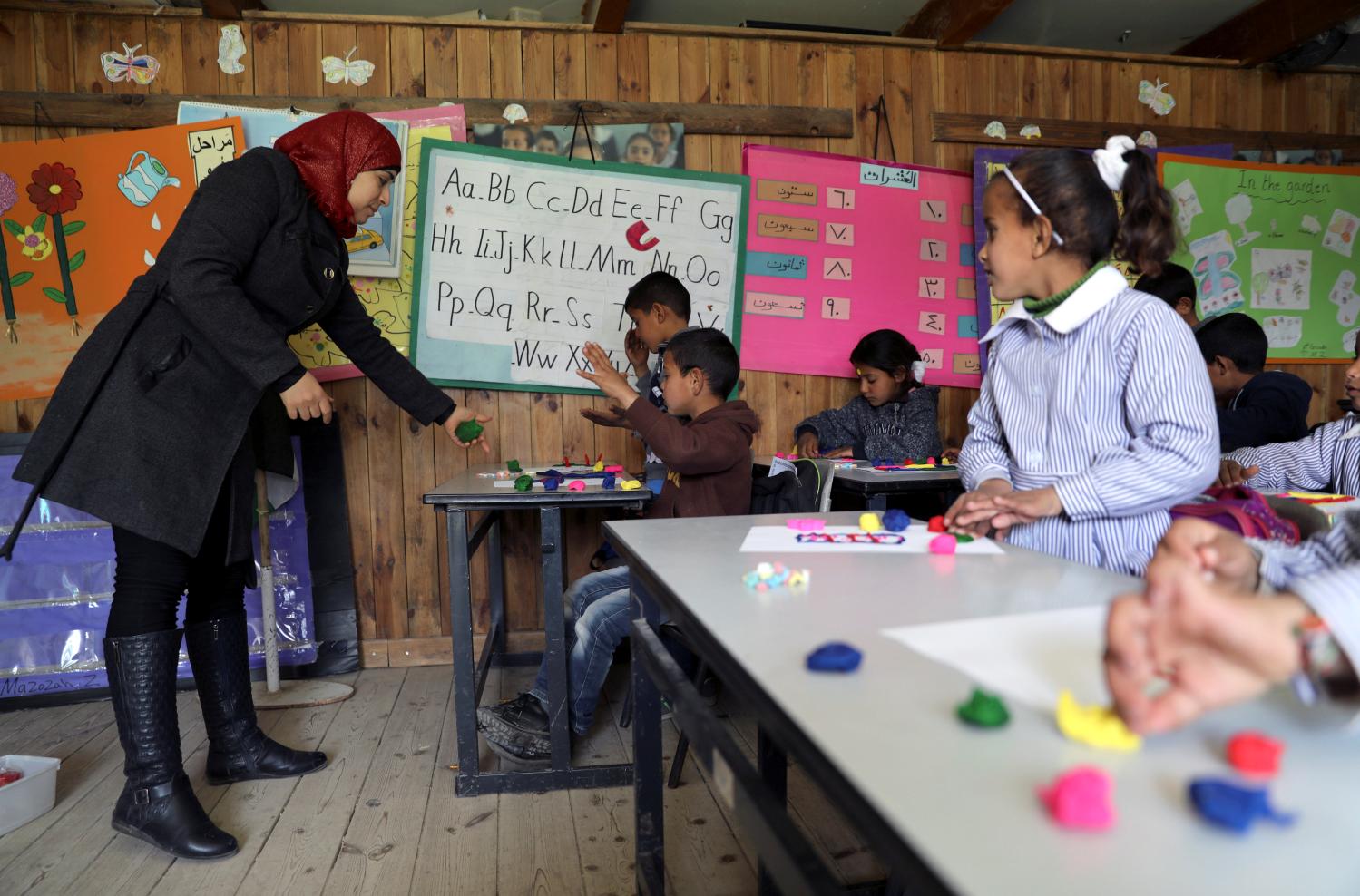We all can point to model schools and impactful programs around the world that are helping more children go to school and learn well. Why is it then that the landscape of innovations succeeding at a local level often doesn’t translate to the systemic change needed to ensure all children have access to quality education and lifelong learning? While we are generating more evidence and engaging in more experimentation in education, we know much less about translating this into improved policies and practices at scale.
Science of Delivery: Moving beyond what to deliver to how to deliver it
This is where Science of Delivery comes in. Science of Delivery, a term coined by World Bank Group President Jim Yong Kim, is the collective and cumulative knowledge of delivery know-how that helps development practitioners make more informed decisions and produce consistent results on the ground. It emerges from the recognition that while sound technical knowledge is critical for effective interventions, we also need to improve our on-the-ground delivery know-how and develop a more systematic, collaborative, and cumulative understanding not only of what to deliver, but also how.
The Science of Delivery (SoD) approach has generated excitement among development experts, donors, and development agencies as the Global Delivery Initiative works to operationalize the SoD agenda within the World Bank to bring together existing, but all-too-often fragmented, knowledge of what works in international development.
In particular, GDI focuses on creating a common approach for capturing and using delivery know-how, as well as a common taxonomy for identifying and analyzing delivery challenges. Delivery challenges are those unexpected, non-technical problems that may prevent well-designed solutions from achieving results on the ground. With this aim in mind, GDI analyzed the findings of the case studies explored by Millions Learning, a project run by the Center for Universal Education (CUE) at the Brookings Institution, to identify delivery challenges and how they were addressed.
In its report launched last year entitled, Millions Learning: Scaling up quality education in developing countries, CUE examined 14 education programs and policies from low- and middle-income countries where there has been large-scale improvement in learning among children and young people. These cases point to some concrete actions that help address the operational realities of implementing at scale and contribute to the development of a robust science of delivery.
Two Major Delivery Challenges
1. Poor quality indicators and data
A major delivery challenge facing education initiatives stems from challenges with indicators and data. Overambitious, misaligned, or poorly designed indicators prevent practitioners from capturing relevant information to inform programs and policies. Even more challenging, developing realistic indicators is only half the battle; reliable data that can be verified frequently do not exist.
The Millions Learning case studies revealed that data plays at least three central roles in the scaling process: motivating action to address a problem; shaping the design and implementation of the response; and sustaining the response. A key driver behind the success of one of the cases, Pratham, has been its emphasis on experimentation and learning. Over the past 20 years, Pratham has combined rigorous evidence with field-level experience to inform strategies and programs, multiplying its impact in the face of competing needs and resources.
Despite their successes, the cases underscored a clear need to strengthen regular and accessible data on children’s learning at all levels—from the individual to the classroom to the national level. Millions Learning also identified a significant need for more evidence on the actual process of scaling and practical guidance on how policymakers and practitioners can adapt and expand successful approaches at a regional or national level. CUE plans to work with partners to establish Real-time Scaling Labs, providing space for peer-to-peer learning among government officials, practitioners, funders, and researchers to address shared challenges and learn from each other in their efforts to expand quality education interventions.
2. Lack of coordination, including around financing
Experience within GDI shows that the successes and failures of service delivery reforms are as much about making appropriate policy design choices and fostering innovation as they are about the interplay between reform objectives and the everyday practices of those tasked with implementing reforms. Whether or not an initiative succeeds depends as much on how it is implemented as on its design. Consequently, many delivery challenges emerge from coordination issues, especially when the roles and responsibilities of different stakeholders are not clearly defined.
One coordination challenge identified in the Millions Learning report is around “middle phase funding,” the particularly important but often neglected phase between proof of concept and scale. To date, frameworks and policies calling for a clearer division of labor among funders have focused on financing across countries and sectors, but not on the phases or processes being financed. Bridging this middle phase gap requires greater clarity on what governments, investors, and donors fund and at which stage of the innovation-scaling cycle—from prototypes or ideas to national programs. It also requires greater coordination and segmentation of education financing, including more attention and support for this middle phase.
Looking ahead
Plans are underway for phase two of Millions Learning, including establishing Real-time Scaling Labs in partnership with local institutions in a number of countries, which could provide some important insight and real-time guidance for other practitioners tackling similar delivery challenges. These lessons may also help to advance our understanding of the Science of Delivery, not only in education, but across other sectors.
What other implementation challenges and innovative ways to address those challenges have you found in your sector? Please share them with us in the comments section below.
The Brookings Institution is committed to quality, independence, and impact.
We are supported by a diverse array of funders. In line with our values and policies, each Brookings publication represents the sole views of its author(s).








Commentary
Addressing delivery challenges in education: Lessons from Millions Learning case studies
June 5, 2017